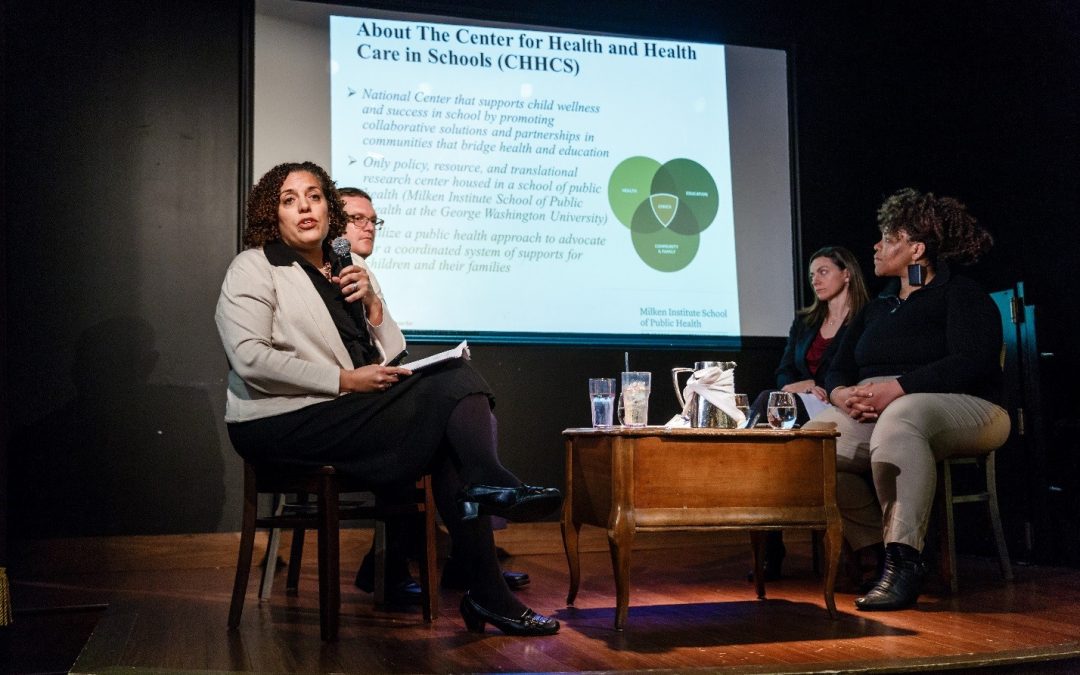
Science Cafe’ 360: Using Data to Build Strong Partnerships Between Schools and Health Systems
Science Café 360 GW-CHIPR and the Clinical and Translational Science Institute at Children’s National (CTSI-CN) have partnered to bring you an overview of the latest café in the Science Café 360 series. The objective of the Science Café 360 is to promote...

How do you solve a problem like the opioid crisis?
Leah Steckler, MD December 6, 2017 As we approach the end of the calendar year, lawmakers have been pushing to keep their promises and pass important legislation. This year, opioids have been a topic with less controversy than others in terms of bipartisan agreement...

The FDA Approved Two Gene Therapies: What it Means for Cancer Care
Hannah Caplan November 29, 2017 Acute lymphoblastic leukemia (ALL) is the most common childhood cancer, accounting for about 25% of all cancer diagnoses in children under the age of 15.1 In August, the FDA approved the first gene therapy in the United States, Kymriah,...

From Placenta to Preschool: The Developing Brain and What Communities Can Do to Support It
Caitlin Carter November 20, 2017 Science Café’ 360 Overview GW-CHIPR and the Clinical and Translational Science Institute at Children’s National (CTSI-CN) have partnered to bring you an overview of the latest café in the Science Café 360 series. The objective of the...

Genome Editing: The Future of Medicine
Hannah Caplan Genome editing refers to a group of technologies that allow scientists to edit DNA sequences.1 Clustered regularly interspaced short palindromic repeats, CRISPR, is the newest genome editing technology. CRISPR provides scientists with a faster, less...